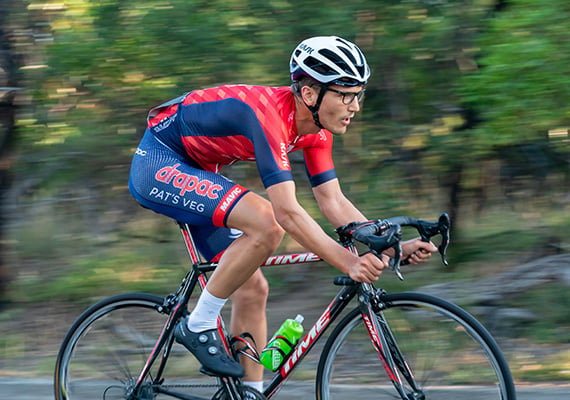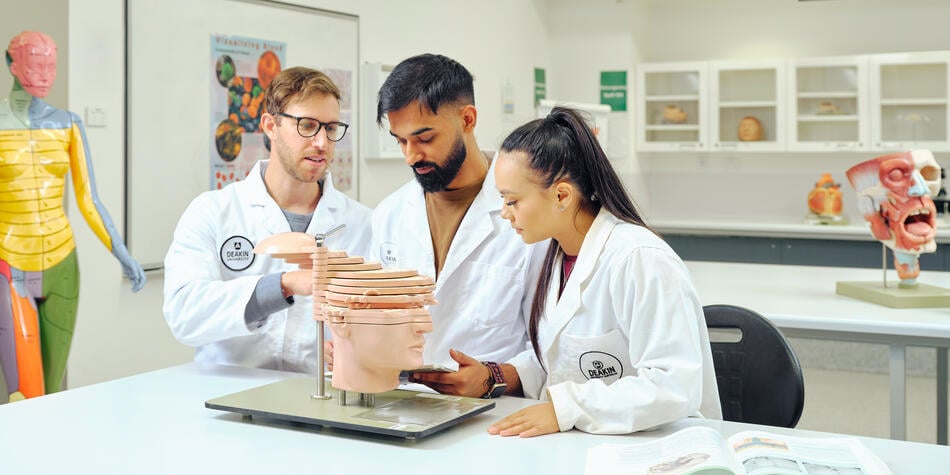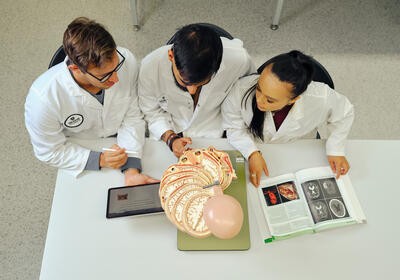
The Damion Drapac Centre
Deakin is honoured to partner with the Drapac family to advance socially inclusive medical education for generations to come. The late Deakin graduate, Dr Damion Drapac, was a passionate advocate for under-represented communities and closing the inequitable healthcare gap. The partnership ensures his legacy lives on, and inspires generations of impactful medical careers.


